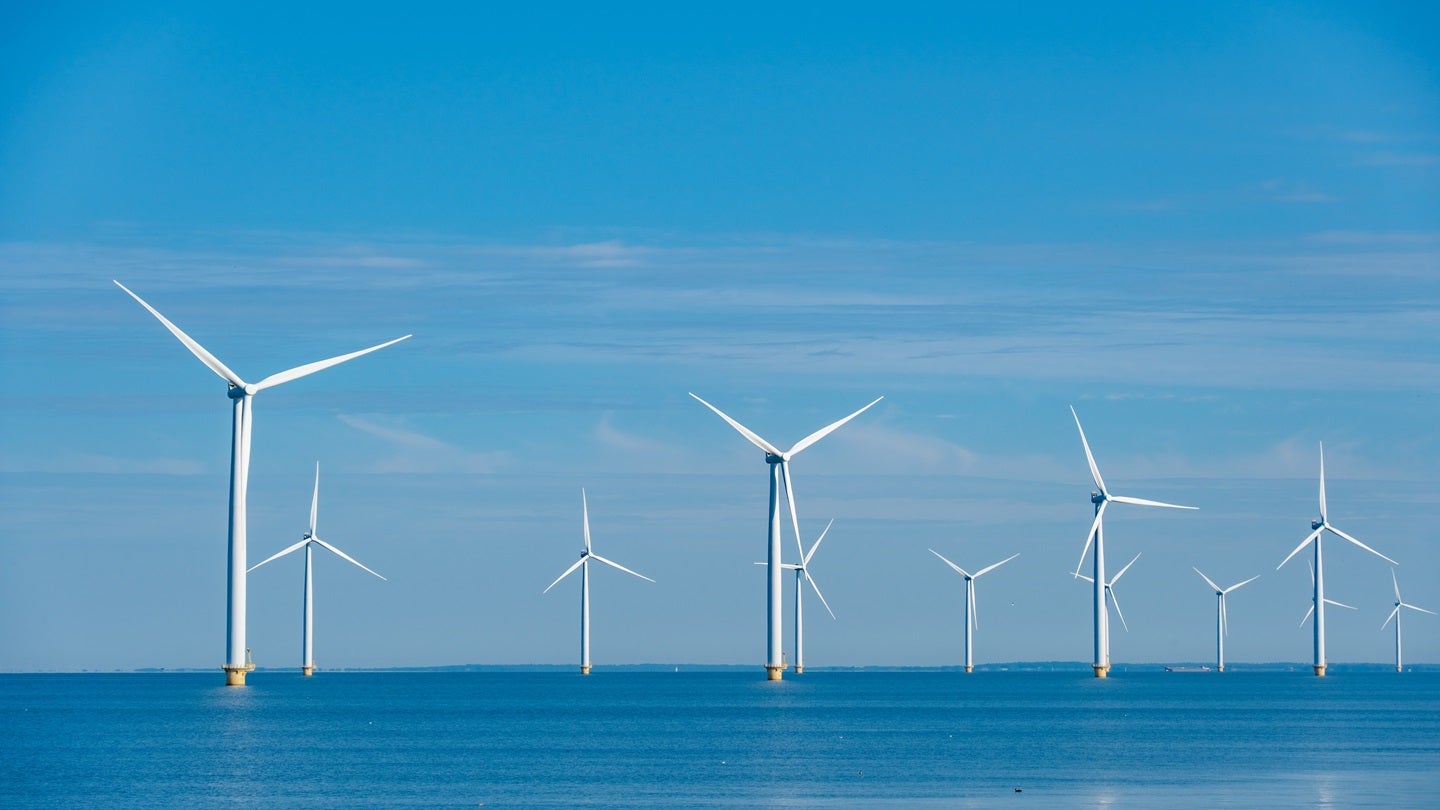Wind Energy Shockwave: Trump's Offshore Ban Leaves European Firms Reeling

The renewable energy landscape faced a dramatic shift when former US President Donald Trump's decision to suspend offshore wind leasing sent ripples through the European wind power industry. This unexpected policy move created significant challenges for European wind energy companies that had been eyeing expansion opportunities in the lucrative American offshore wind market.
The suspension effectively halted promising offshore wind development projects, casting uncertainty over international green energy investments. European wind power developers, who had been strategically positioning themselves to capitalize on the growing US offshore wind potential, suddenly found their ambitious plans dramatically curtailed.
Major European wind energy corporations were particularly impacted, as they had invested considerable resources in exploring and preparing for potential offshore wind projects along the United States coastline. The abrupt policy change forced these companies to reassess their global expansion strategies and redirect their investment focus.
This setback highlighted the delicate relationship between political leadership and renewable energy development, demonstrating how quickly government policies can dramatically alter the trajectory of sustainable energy initiatives. European wind power companies were compelled to adapt quickly, seeking alternative markets and opportunities in response to the unexpected US policy landscape.

